Interview with Julia Ross on A Few Things That Hold People Back from Losing Weight

Nutritionist Julia Ross divulges the real reason people cannot stick with a diet and how this holds them back from losing weight. Then she reveals how a person’s brain can be rewired to kick the habit of overeating, permanently. Read on to find out more about how her new book, The Craving Cure, can help you kick those eating habits you weren’t able to crush before.
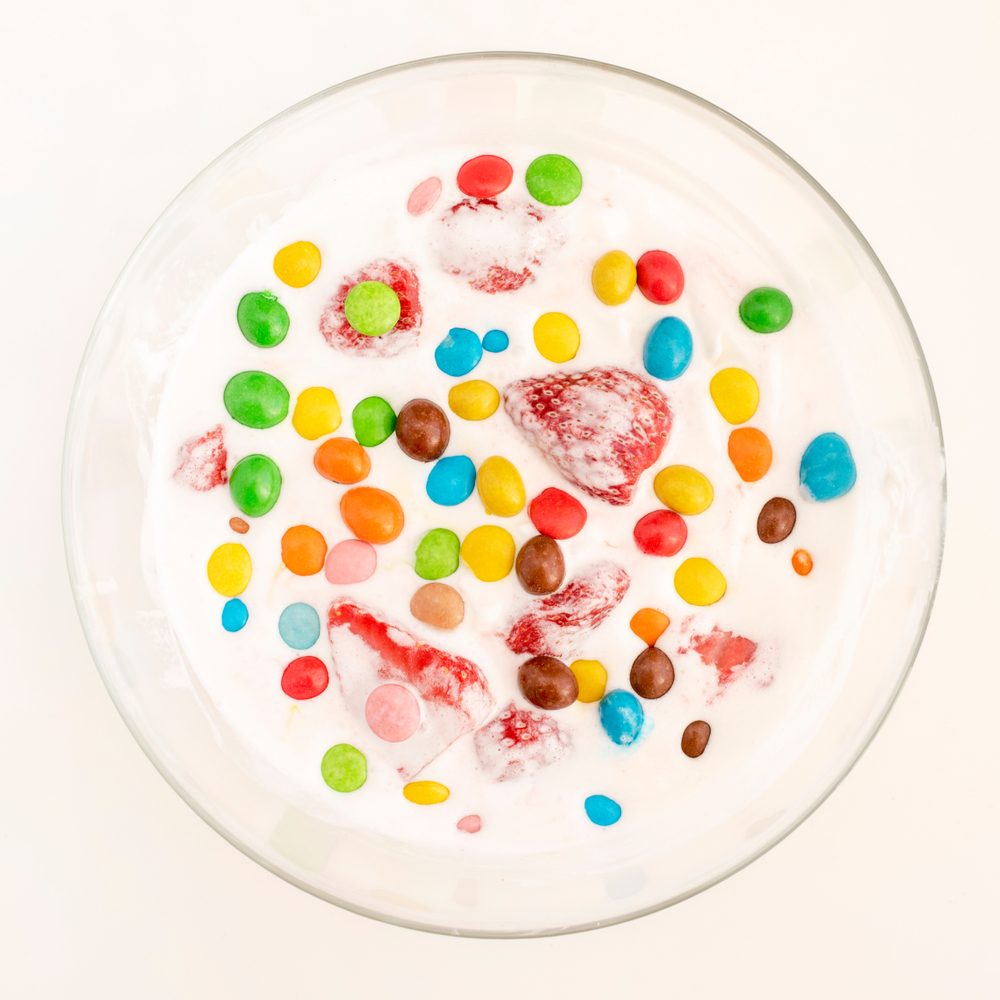 GLITTER: How long have you been practicing? Has this always been a passion of yours?
GLITTER: How long have you been practicing? Has this always been a passion of yours?
JULIA: In high school and college I loved talking to friends and trying to help them with problems. In my late 20’s, when I made counseling my profession, I enjoyed it tremendously; I couldn’t wait to be assigned new clients. But then I was hired in a program that counseled people with addictions to food, alcohol, and drugs. There I found that all my skills and enthusiasm combined with my clients’ desperate motivation were no match for the power of cravings. Eventually the whole field of addiction learned why we could not seem to reach the core of the problem. Addictive cravings were actually being generated by deficits in something we’d never suspected and knew nothing about; brain chemistry. Fortunately, not long afterward, we also learned that certain brain-targeted nutrients could be used to correct the addicted brain’s biochemical problems. By that time, I had become the program’s director and had begun to add nutritionists to my staff. Together, we developed a hugely successful new approach to eliminating brain-based cravings. And that is something I’m really passionate about.

GLITTER: Do you think a person’s brain can be rewired to kick the habit of overeating?
JULIA: Yes. I know it can. Brain re-wiring, using a few nutrient repair tools, can completely stop the urge to overeat in as little as 24 hours. My clinics’ staff has watched this happen in over 4,000 cases!
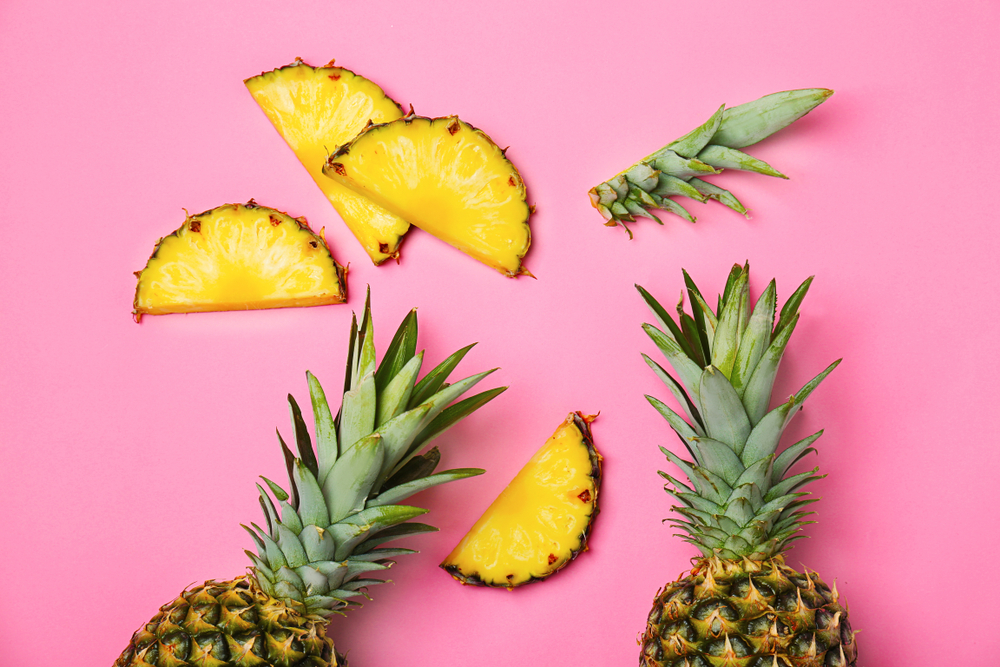
GLITTER: What is the real reason we cannot stick with a diet?
JULIA: The brain is totally in charge of our appetite. A healthy brain directs us to healthy food, but an addicted brain will not allow us to stick with any healthy diet. Instead, it sends out overwhelming urges for the drug-like pleasure that high-calorie, commercially designed “treats” can provide. I call them Techno-Karbz because unlike real food that satisfies, their potent sugar and starch content gives us a brief high and then leave us craving more. Now that food scientists have figured out how to make irresistible brain bombs, our ancient appetite-regulation system can no longer guide us to food safety. But with some special nutritional assistance, we can get our primal appetite back. For example, during this last Christmas season, one of our clients, a teacher and a lifetime cookie- and candy-addict, attended all of her school and family parties (and even baked her favorite cookies!) and had no trouble passing up every temptation.

GLITTER: By curbing our cravings, do you think it will help people lose weight?
JULIA: When brain-targeted nutrients make cravings for high-calorie junk foods disappear, our clients easily cut them all out. That leaves them just eating moderate amounts of non-weight-promoting foods; the proteins, fats, vegetables, and other whole foods that kept us fit for most of human history. They find that they can lose weight without resorting to low-calorie diets because they’ve already effortlessly dropped 500 to 1,500 calories, or more, a day, by losing their taste for cake, cokes, chips, pasta, and ice cream.
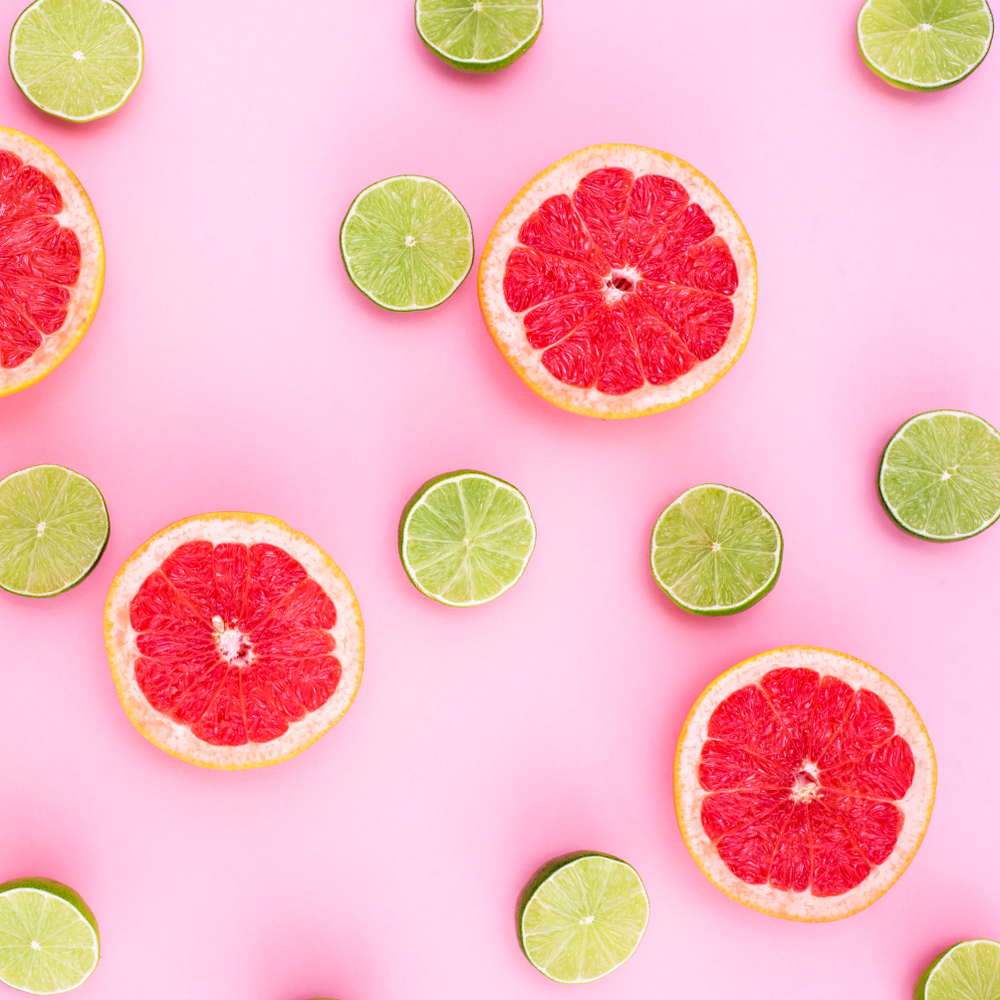
GLITTER: Are there any steps people can follow, or any rule of thumb that will help people remember what not to eat?
JULIA: Keeping in mind that only by using the brain-targeted nutrients will people be able to do this easily, at least initially, we recommend that our clients not eat:
- Anything that they can’t stop eating. (I still can’t have even one serving of toasted almonds or ice cream, for example. Fortunately, I don’t miss them.)
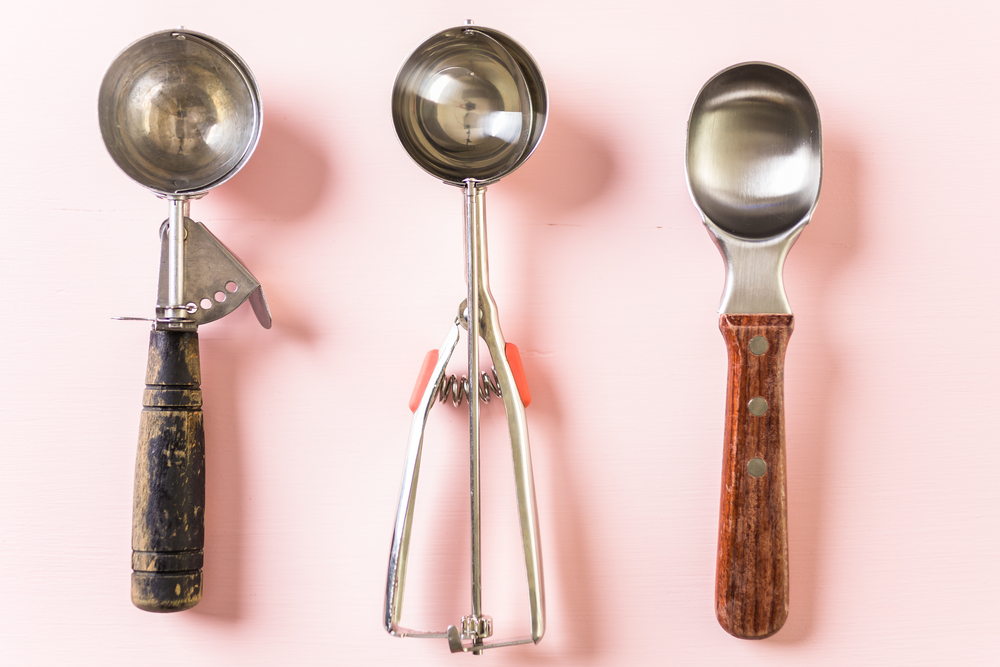
- Anything that contains any form of sugar, including honey, agave or fruit syrup, and artificial sweeteners.
- Any product that’s made with flour, particularly if bread, cookies, or pasta can make them lose control.
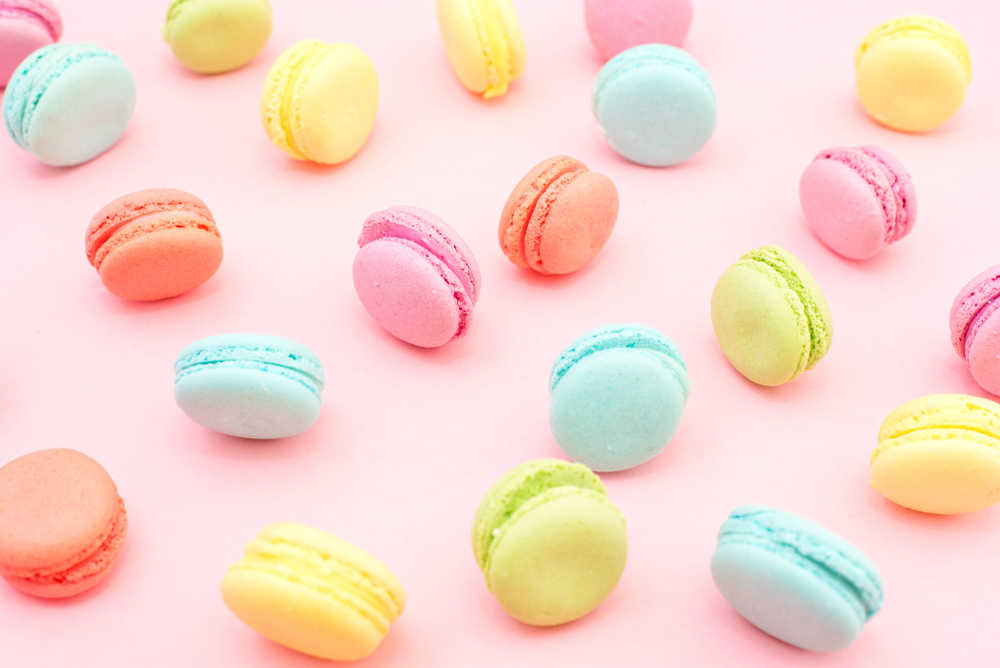
- Any deep-fried foods, which usually include flour and, of course, lots of damaged fat. After being exposed to such high temperature, foods become much more damaging and addictive. (Think chips and donuts.)
- Don’t eat too little. Don’t skip meals or fast. It will only boomerang. We’ve been low-calorie dieting since the ‘60s and have only gotten heavier
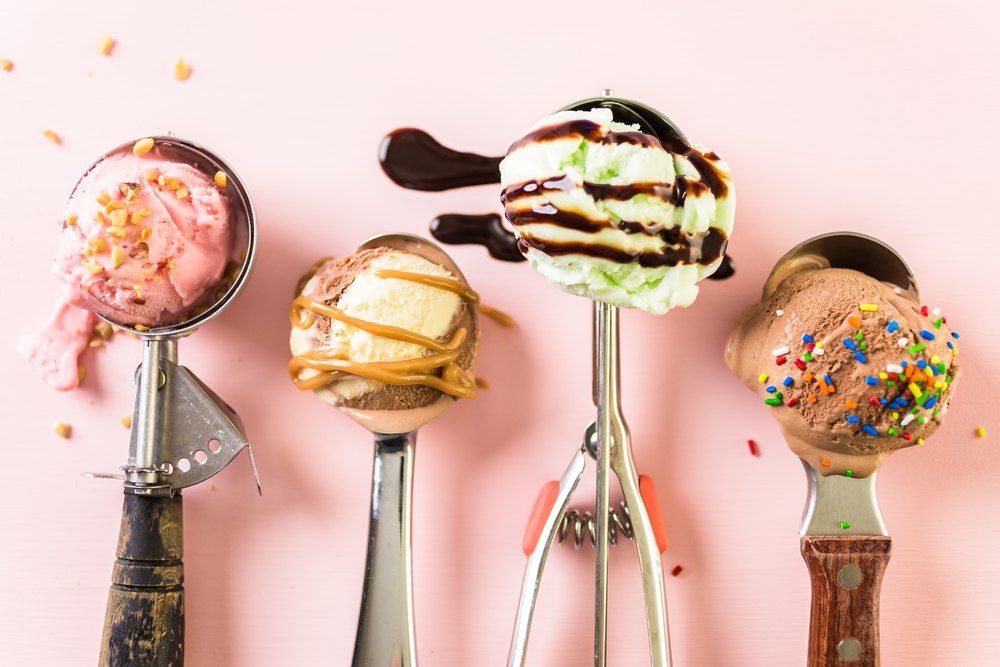
GLITTER: What can you tell us about your new book, The Craving Cure? What was the purpose of writing it?
JULIA:
- The Craving Cure is about how we can take back control of our appetite and stop unnatural cravings and weight gain. It starts with The Craving Type Questionnaire that tells readers which of five types of food craving they have and directs them to the specific brain-targeted nutrients that can turn off their specific type of craving-overnight. (The Craving Type Questionnaire is also available at cravingcure.com.)
- I wrote the book after 30 years of watching thousands of clients take a few nutrient supplements called amino acids and quickly lose all their food cravings. It’s an almost fail-proof, quick, and inexpensive process and this book gives everyone access to it!

GLITTER: Is overeating often tied to our emotions?
JULIA: Counseling, though it certainly relieves emotional problems, has had little success in stopping overeating because chronic food cravings are typically generated by the brain for no real emotional reason. Our clients tell us that, after the nutrients stop their cravings, they can easily stay away from their old treats, even when they are stressed or emotionally upset. Also, they find that just being off of junk food and consistently on healthful food eliminates the guilt and improves their moods and energy generally, all by itself.

GLITTER: What other things hold people back from losing weight?
JULIA:
- We know that American junk food consumption is the major cause of uncontrollable weight gain, as well as diabetes, worldwide.
- We also know that undereating can increase weight gain long term by slowing our metabolism and creating stronger food cravings. See the results of the studies on The Biggest Losers and on medically monitored fasters https://www.nytimes.com/2016/05/02/health/biggest-loser-weight-loss.html). They show that the hormonal and genetic changes that can be set in motion by low-calorie dieting can be very hard to undo.
- Poor sleep, inadequate exercise, and excess stress are all known to slow down or prevent needed weight loss (all three of these problems are addressed in The Craving Cure).
- We’ve seen that diets that provide too little protein, or too little fat, or too little whole carb content can result in cravings and overeating for certain people, even if overall calories are adequate. Modern dietary theories often ignore the wisdom and success of our ancient eating traditions. For example, many of our clients find that eating more red meat (which, together with plant foods, was our mainstay for most of human history) helps raise their energy so they can start exercising.
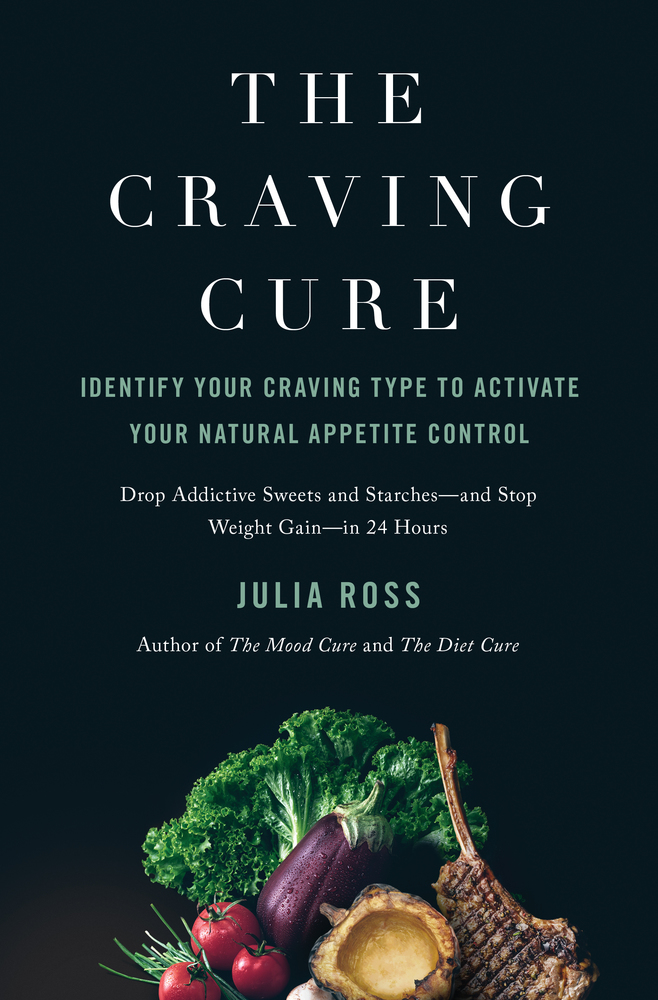
GLITTER: What pushes and motivates you on a daily basis?
JULIA: What motivates me most is the fact that 50 percent of us are obese, including many children, and that 50 percent of us are diabetic, including many children. Thinking about all this fast-growing, diet-caused suffering makes me keep working to let people know that there is a simple and safe way out. It helps that I have no cravings to fight, so my diet keeps me strong. And so does prayer.
Julia Ross is a pioneer in the use of nutritional therapy for the treatment of eating disorders, addictions, and mood problems. The director of several integrative treatment clinics in the San Francisco Bay area since 1980, Ross also trains and certifies health professionals and lectures widely. She is the author of the best-selling books, The Mood Cure and The Diet Cure. Her work has been featured in publications from Vogue to the Journal of the American Psychological Association as well as online and on radio and television programs. Her new book is The Craving Cure: Identify Your Craving Type to Activate Your Natural Appetite Control

Editorial Director | Writer | Tweet me @heatherriccio




